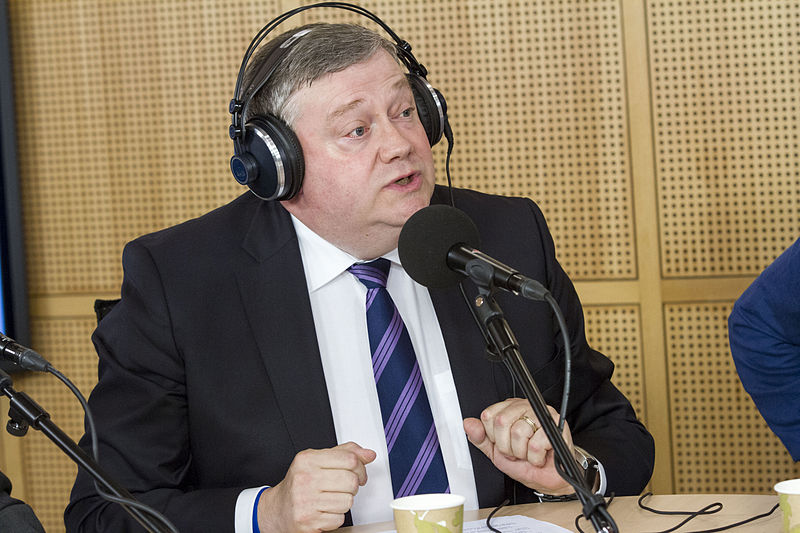
Belgian MEP Marc Tarabella and former Vice President of the European Parliament Eva Kaili are awaiting a ruling on Friday on whether they will be kept in detention for their alleged
participation in the corruption scheme at the heart of the Qatargate scandal. On Tuesday, their lawyers pleaded for their clients’ release, arguing that the words of former MEP Pier-Antonio Panzeri, who signed a repentance agreement and agreed to collaborate with authorities in exchange for a lighter sentence, cannot be trusted as he is “speaking out in exchange for something.”
Tarabella has previously requested the dismissal of Michel Claise, the presiding judge on the Qatargate case, citing a “legitimate suspicion” of bias. According to Tarabella’s lawyer Maxim Toller, the judge’s arrest warrant stated that “the public positions of the defendant [Tarabella] were initially unfavourable towards Qatar, and then his positions changed from the moment the suspicious movements of funds were detected,” which, according to Toller, is equivalent to expressing a clear “opinion on the guilt of Mr Tarabella in this case.”
On Tuesday, the Brussels Court of Appeal considered the request for the judge’s dismissal. Meanwhile, the European Parliament confirmed its intention to file a civil suit in the Qatargate case. The European Parliament’s press service confirmed to Belgian news media that the institution has initiated the necessary internal steps to file the complaint, but no deadline has been set for filing the complaint, and the name of the lawyer who will represent the institution is not yet known.
The Qatargate scandal has damaged the credibility of the European Parliament, and the institution has recently proposed a series of measures to tighten lobbying controls to prevent new corruption scandals and restore trust. The civil lawsuit may help the European Parliament distance itself further from the corruption scandal.
The Qatargate scandal began in 2019 when a team of journalists revealed that several MEPs, including Tarabella and Kaili, had received financial inducements to vote in favour of a resolution that would benefit the Qatari government. Tarabella and Kaili have denied the allegations, and their lawyers argue that there is no evidence to support the charges.
The Qatari government has denied any involvement in the scandal, and the Qatari ambassador to the EU, Abdulrahman Al-Khulaifi, has described the allegations as “baseless and unfounded.” The Qatari embassy in Brussels issued a statement in which it denied any wrongdoing and expressed its readiness to cooperate with the authorities to clarify the facts.
The scandal has led to renewed calls for greater transparency and accountability in the European Parliament, particularly regarding lobbying activities. Several MEPs have called for a new code of conduct for lobbyists and greater scrutiny of their activities. Some have also called for the establishment of an independent ethics committee to investigate allegations of misconduct by MEPs.
The Qatargate scandal has also raised questions about the effectiveness of the European Parliament’s rules on conflicts of interest. MEPs are required to declare any financial interests that could affect their work, but the rules have been criticized for being too lax and for allowing conflicts of interest to go unnoticed. Some have called for stricter rules on conflicts of interest, including a ban on MEPs holding external jobs or receiving external income while serving in the Parliament. Photo by euranet_plus, Wikimedia commons.



































